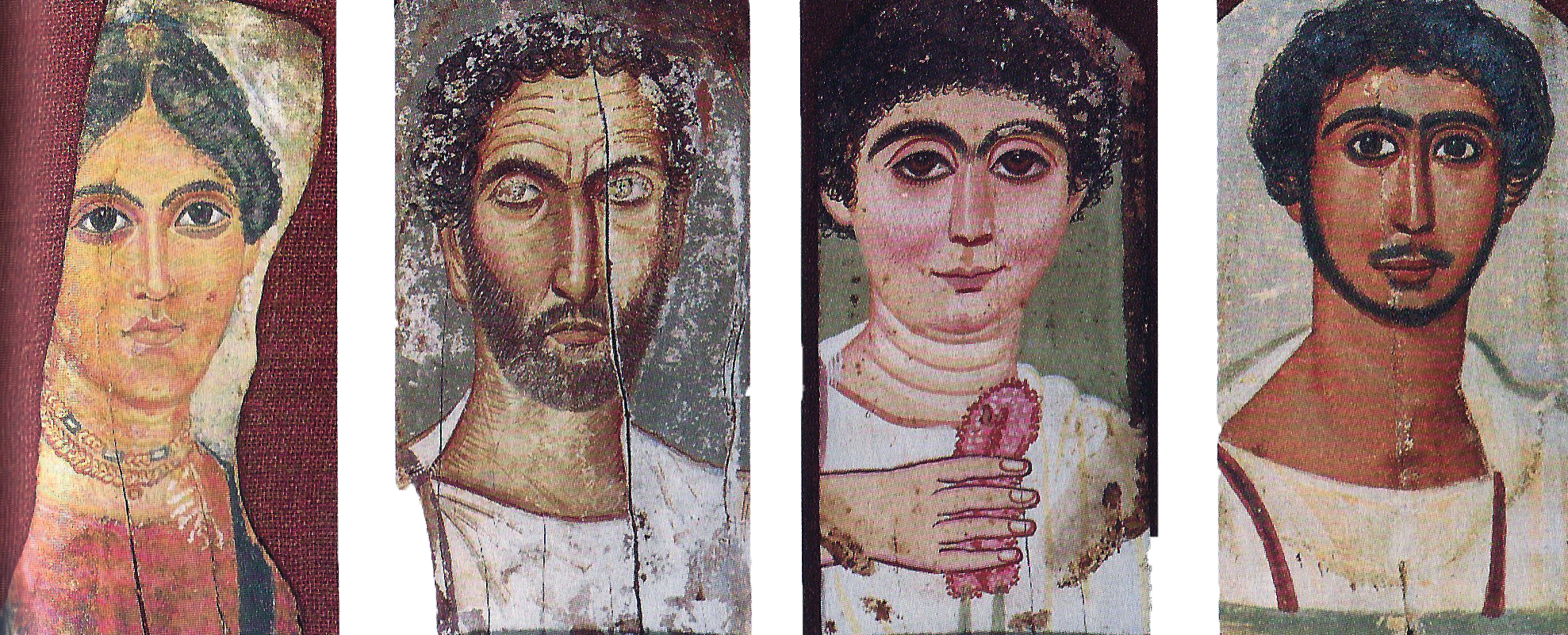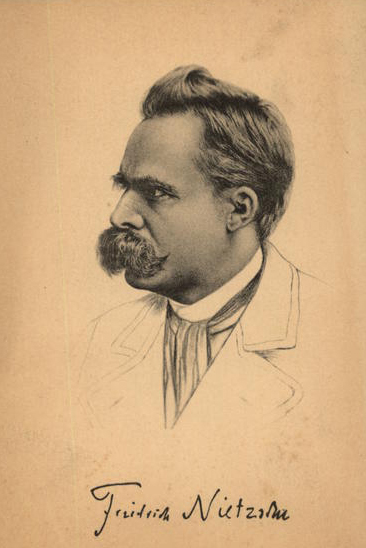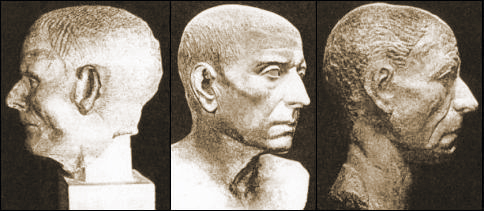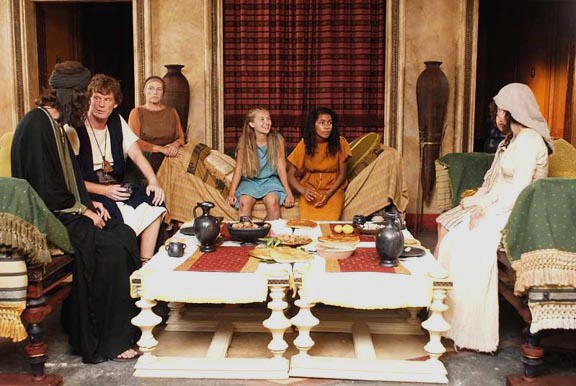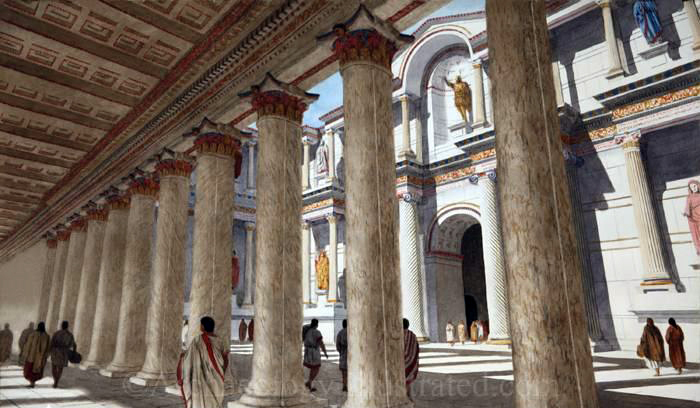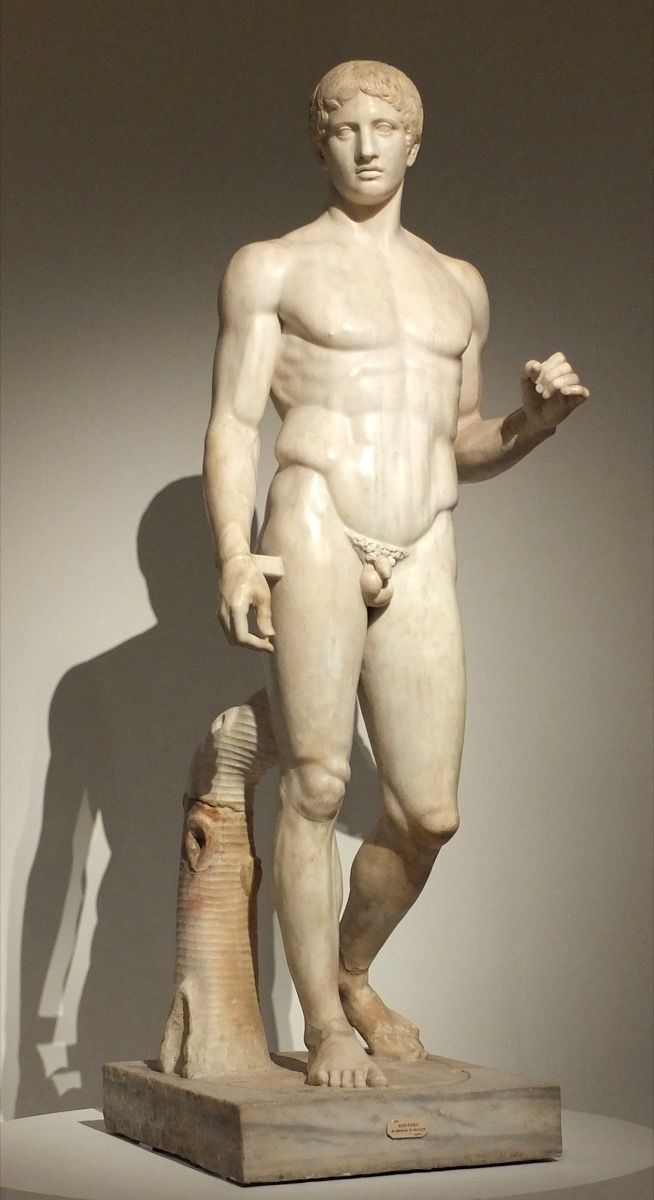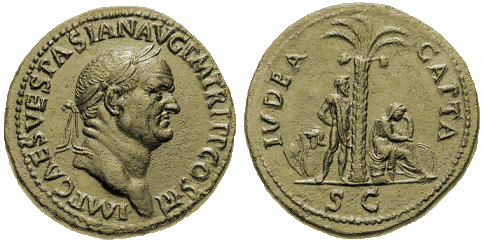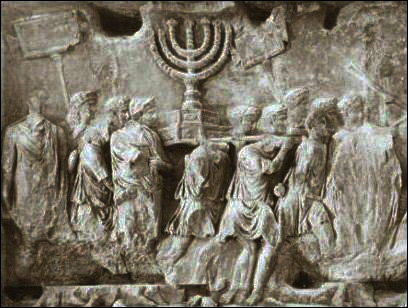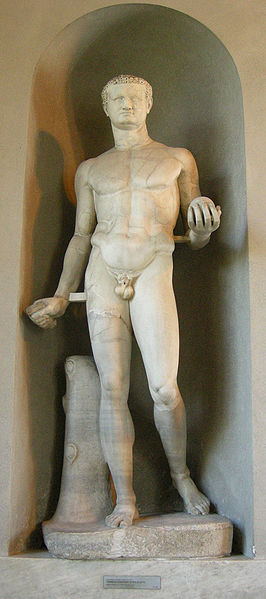by Evropa Soberana
In conclusion
Primitive Christianity was characterized by its intolerance and intransigence, and by considering itself as the only way of salvation for all men on the planet. These characteristics were inherited from Judaism, from which it came and which it imitated.
Christianity shows, paradoxically, that to consider all human beings equal is the worst form of intolerance: because it is assumed as a dogma of faith that the same religion or moral is valid and obligatory for all men, and therefore it is imposed, even against their will. This aspect was renewed later with the other great and virulent egalitarian doctrines: democracy and communism.
The Aryans, accepting the difference of peoples, also accepted that they worshiped gods other than their own and had different customs; and they would never have thought of preaching their religion or their morals outside of their town. It would have seemed ridiculous to preach Odin’s worship among blacks, for example; and it made no difference to them that the Semites worshiped Molech.
The tactic of the old European was always to dominate through military triumph, not to forcefully convert or manipulate thoughts. The reaction of Christianity, on the other hand, was to wipe out everything that could remind us our old beliefs and traditions. Any medicinal knowledge of plants or animals was branded as heresy and persecuted. In fact, any kind of knowledge that was not Judeo-Christian was persecuted conscientiously. Spiritual terror had made its appearance in Europe.
This is Christianity, and what came after: feints, collages, palimpsests and mixtures of it with paganism in unstable combinations that never finished curdling in the confused European collective unconscious. In those days the schizophrenia of the current West started: the debate between the heroic Greco-Roman heritage or the humanist Judeo-Christian heritage.
The founders and the great conquerors had wanted their peoples to triumph and be eternal on Earth. They did not achieve it in the long term, and all disappeared. The Romans, then, went to swell that macabre list. In the West, the future of millennia belonged to the Germans, who established throughout Western Europe feudal kingdoms where they rose as aristocracy.
I have listed facts that marked the end of Classical Antiquity with all its wisdom, and the beginning of the Dark Ages. This age used as a tool the Germans, but the Germans were not guilty. They only gave the coup de grâce to a decadent monster—and it was precisely the Germans who preserved Roman works of art from Christian destruction when they seized power (consider the case of King Theodoric).
The occultation would last in Europe until the time of Catharism; of the Vikings and Crusades in the 11th century: when the European knights discovered the tradition that the East had kept. Some friars devoted themselves to collecting natural knowledge such as medicine or botany. The Mesopotamian, Egyptian, Persian and to some extent Greek and Hindu legacies were preserved by the Islamic civilisation which, unlike Christianity, not only did not destroy the pagan legacy, but kept it.
The resurgence of European spirituality came from the warrior and chivalric castes. And the results, some cleaner than others, were the Holy Roman-Germanic Empire, the Vikings, the Occitan civilization, the Templars, the Italian Renaissance with its fascination for the Greco-Roman world, and the Spanish empire.
There are those who get themselves into a mess with the ‘Christian heritage’ of Europe. I do not. I see Europeans living with some customs and their natural rites, beautiful and harmonious, which automatically led to the most normal thing in the world, thus taking part in that immense orchestra that is the Earth.
I see a fanatical creed preached by Semitic fundamentalists from the East and Africa, who inflamed the spirits of the world’s scum against the good people; against the native Europeans, against the representatives of order and light. They said that our ancestral customs were abominations. They said that those who practiced them were sinners. They said that our science was demonic sorcery, and our art, blasphemy.
They said that whoever did not kneel before a strange new oriental god deserved the worst torments. They cursed the strong, the nobles, the fighters, the pure, the philosophers and the wise, and blessed the slaves, the sick, the trampled, the prostitutes, the ignorant and the cowardly.
They destroyed the legacy that we had accumulated for centuries. They killed our leaders. They put an end to an Empire that could well, under Germanic influence, spread throughout the world.
They plunged Europe into ignorance and banned knowledge. For centuries, they spread depression, guilt and the feeling of sin, introducing into Europe that cancer that is the Old Testament, and that castrating poison that is the New Testament.
If Europe could still thrive in these conditions, it was not thanks to Christianity but in spite of it, and thanks to the things that Christianity had not yet touched.

This piece is from a statue of the emperor Hadrian that should have measured about five meters, and was found in Sagalassos, present south-central Turkey, where Christianity took root early.
In short, Christianity was a subversive movement of agitation against Rome, against Greece and, ultimately, against the European world.
We have to assume that what has come down to us from the Greco-Roman world is only a tiny part of what was really there, and that it was taken away by the Judeo-Christian destruction.
Christianity, as a slave rebellion devised and led by Jews with the aim of destroying Roman power—and, ultimately, all European power—was and is a doctrine aimed at converting vigorous peoples into domesticated flock of sheep.
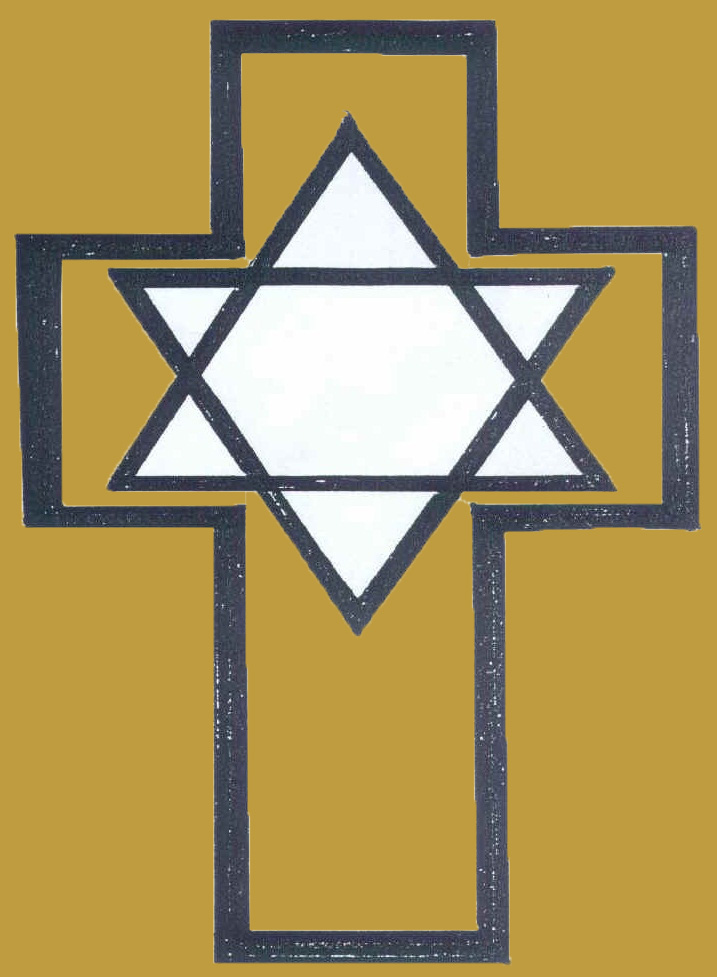 Today I changed the subtitle of this site from ‘Just follow the white rabbit’ to ‘Christians are the ultimate conclusion of Judaism’. Older subtitles said: ‘Hitler was right’, ‘Gens alba conservanda est’ and ‘Western racial and cultural preservation’.
Today I changed the subtitle of this site from ‘Just follow the white rabbit’ to ‘Christians are the ultimate conclusion of Judaism’. Older subtitles said: ‘Hitler was right’, ‘Gens alba conservanda est’ and ‘Western racial and cultural preservation’.

